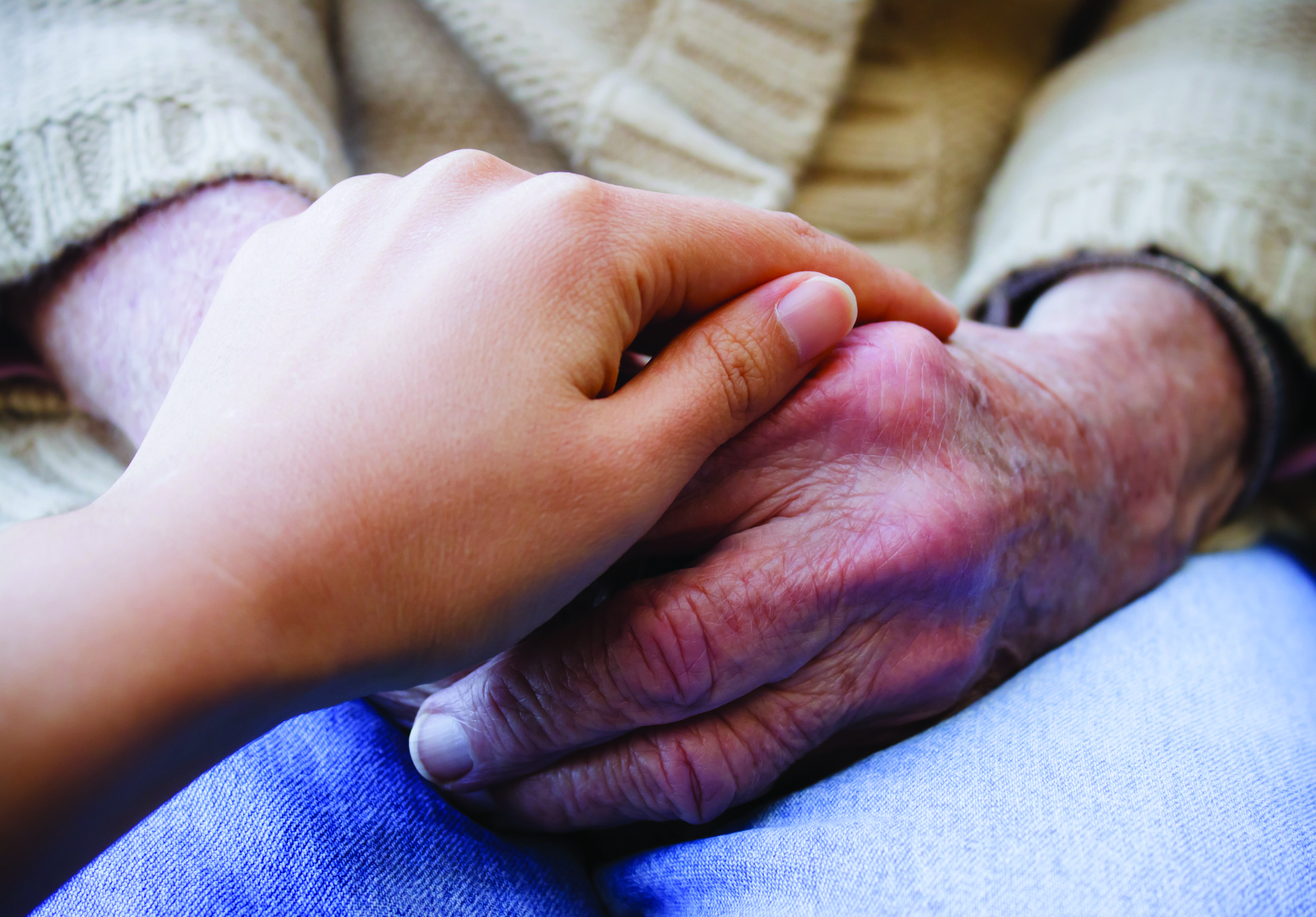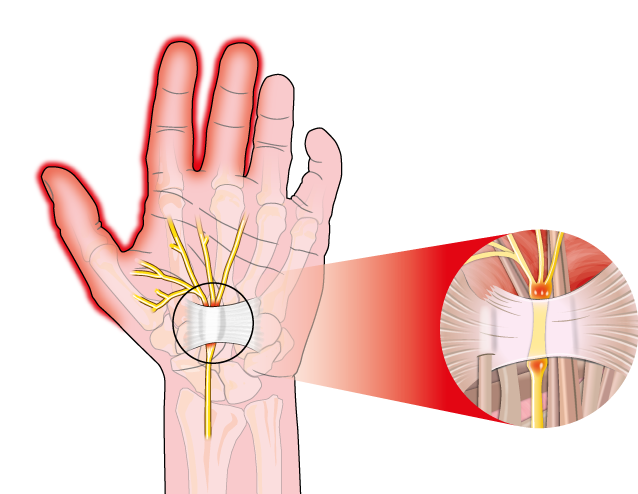
Health News
Features
-
Pop Quiz: Is work-related stress affecting your health?
Find out where strain at work may lurk and if the stress is helping or hindering your well-being. We’ve all heard before that jobs can be stressful, but could your regular nine-to- five responsibilities be causing you just sleepless nights or putting you on the fast track to a heart attack? Learn more about job…
-
Creative ways to say ‘thank you’ to the family caregiver
Chances are, you know someone who is a family caregiver even if you aren’t one yourself. According to the Caregiver Action Network (CAN), 90 million adults— two out of every five in the entire country— are responsible for the bulk of a family member’s care. November is National Family Caregivers Month, and this year is…
-
Solutions for Carpal Tunnel Syndrome
An Ailment that’s Not Just for Computer Users Computers are frequently blamed for carpal tunnel syndrome, a painful disorder involving a pinched nerve in the wrist. But assembly workers are three times more likely than data-entry personnel to suffer from it, according to the National Institute of Neurological Disorders and Stroke (NINDS). The disorder is…
Columns
-
Diabetic Eye Disease By Terrance Hafner, O.D.
Diabetes is the leading cause of blindness in the United States in adults. November is Diabetic Eye Disease Awareness Month. Over the past several years, the incidence of diabetes has grown as well as the rate of vision loss due to the disease. Diabetes can cause many eye problems. Here are three important things every…
-
Lymphedema Is a Common Cause of Swelling
Lymphedema, which is swelling caused by obstruction or reflux in the lymphatic vessels, is one of the most common conditions affecting humans. The lymph vessels are long, thin-walled tubes that form a very intricate network in the arms and the legs. In some cases, these lymph vessels are absent or are damaged or destroyed, and…
-
Your Eyes Are the Windows to Your Health
by DR. SELINA LIN Did you know that countless medical conditions can be detected during an eye exam? The most common medical diagnoses detectable are diabetes and hypertension. These medical diagnoses can cause hemorrhages and swelling in the retina that may need treatment. Worsening eye findings could indicate deteriorating disease processes in the body and…





